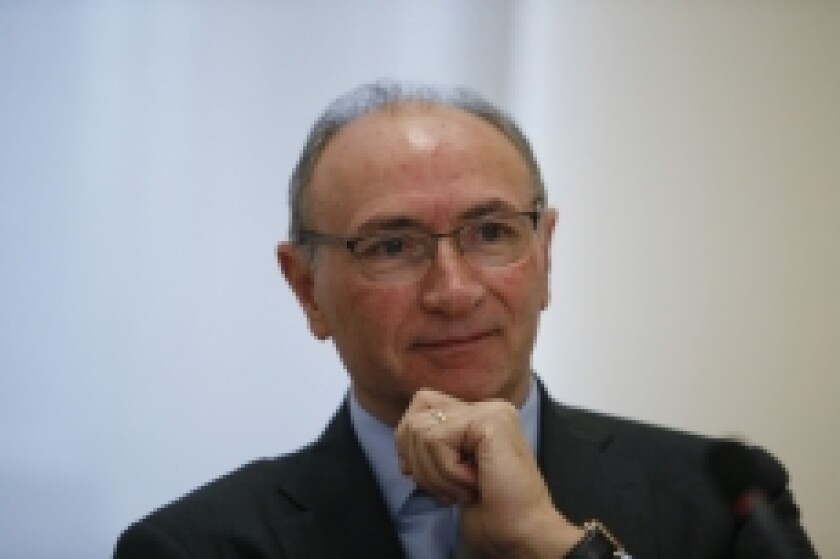The pattern looks worryingly familiar. Deutsche Bank, Credit Suisse and Standard Chartered were all bounced into major restructurings with new management teams in 2015, after rumblings of shareholder discontent burst forth into public briefings and counter-briefings.
In all three cases, the existing management tried to hold the line, insisting that their institutions were well capitalised, following consistent, credible, workable strategies. Last year, though, all three capitulated.
New management came in, followed by huge goodwill writedowns at Deutsche and Credit Suisse, and multi-billion dollar capital raisings at Credit Suisse and Standard Chartered.
Staff cuts have been extensive, morale in some divisions is flagging, and rivals detect weakening competition. Shareholders, too, shouldn’t be too thrilled with the results of the turnarounds so far.
Deutsche is still trading at 30% of book, StanChart at 50%, Credit Suisse at 57%. Perhaps the banks will eventually make it through the tough times — but valuations are supposed to reflect future earnings, as well.
So why would the UniCredit board want to go down this route — defenestration of management followed by a rights issue (rumours are for €5bn or more) followed by an aggressive restructuring with no certainty that it will work well?
UniCredit looks undercapitalised compared to its peers — 10.5% common equity tier one compared with more than 13% at goody-two-shoes Intesa Sanpaolo. But, note UniCredit bulls, it has higher levels of provisioning for its bad loans.
It’s also worth remembering that this level of capital is much higher than in the past.
There was a time when the market was actively competing to hit a 10% capital benchmark.
UniCredit had core tier one of 8.58% in 2010, with tier one of 9.46%. Now it has 10.5%, on tougher asset and liability definitions. That’s basically a good thing: it makes banks safer and preserves lending capacity, but it’s worth remembering that being undercapitalised relative to peers, who are all furiously raising capital, is not the same as being undercapitalised outright.
The argument for decisive action is that, well, it is decisive. Better to do something than nothing. Better to act now than die by a thousand cuts, sunk by shrinking net interest margins, skinny capital buffers and anemic growth figures.
But it’s not obvious that proposition is true. The bank which stands out as a model of decisive action, UBS, took its difficult decisions against a market backdrop that was extraordinarily benign.
Not only were no other big banks slashing staff and balance sheet, but volatility was low, central bank cash was flooding the system, and risk assets were rallying.
Central bank cash is still flooding the system, and tone has improved in the last two months, but the world is still a dangerous and uncertain place. The string of markets landmines — Brexit, Fed rate rises, the US election — all but guarantee that the rest of the year will not be supportive to selling assets or disposing of business lines, while the banks that might have had an eye for a bargain are hunkered down in restructurings of their own.
After all, it’s not just the intangible benefits of 'focus', or concentrating on 'core' activities that drives disposals — it’s the money that selling assets can raise. With all banks moving the same way, restructuring a firm is much harder.
UniCredit, therefore, might have been better off sitting tight, and grinding through steady improvements. It should be searching for small efficiencies, selling branches, going digital, trimming client lists, cutting staff, and straining every nerve to boost its interest margin.
A shiny new CEO and a full blooded restructuring might look like an impressive piece of managerial decision making, but the success (or otherwise) of the strategy depends on the market backdrop – and there’s no telling whether Ghizzoni’s successor will be any luckier.

